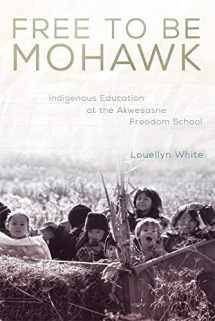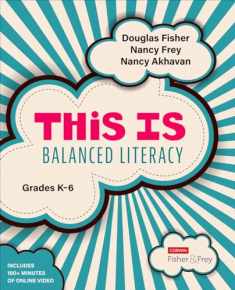
Free to Be Mohawk: Indigenous Education at the Akwesasne Freedom School (Volume 12) (New Directions in Native American Studies Series)
Book details
Summary
Description
Akwesasne territory straddles the U.S.-Canada border in upstate New York, Ontario, and Quebec. In 1979, in the midst of a major conflict regarding self-governance, traditional Mohawks there asserted their sovereign rights to self-education. Concern over the loss of language and culture and clashes with the public school system over who had the right to educate their children sparked the birth of the Akwesasne Freedom School (AFS) and its grassroots, community-based approach. In Free to Be Mohawk, Louellyn White traces the history of the AFS, a tribally controlled school operated without direct federal, state, or provincial funding, and explores factors contributing to its longevity and its impact on alumni, students, teachers, parents, and staff.
Through interviews, participant observations, and archival research, White presents an in-depth picture of the Akwesasne Freedom School as a model of Indigenous holistic education that incorporates traditional teachings, experiential methods, and language immersion. Alumni, parents, and teachers describe how the school has fostered a strong sense of what it is to be “fully Mohawk.” White explores the complex relationship between language and identity and shows how AFS participants transcend historical colonization by negotiating their sense of self.
According to Mohawk elder Sakokwenionkwas (Tom Porter), “The prophecies say that the time will come when the grandchildren will speak to the whole world. The reason for the Akwesasne Freedom School is so the grandchildren will have something significant to say.” In a world where forced assimilation and colonial education have resulted in the loss or endangerment of hundreds of Indigenous languages, the Akwesasne Freedom School provides a cultural and linguistic sanctuary. White’s timely study reminds readers, including the Canadian and U.S. governments, of the critical importance of an Indigenous nation’s authority over the education of its children.


We would LOVE it if you could help us and other readers by reviewing the book
Book review




